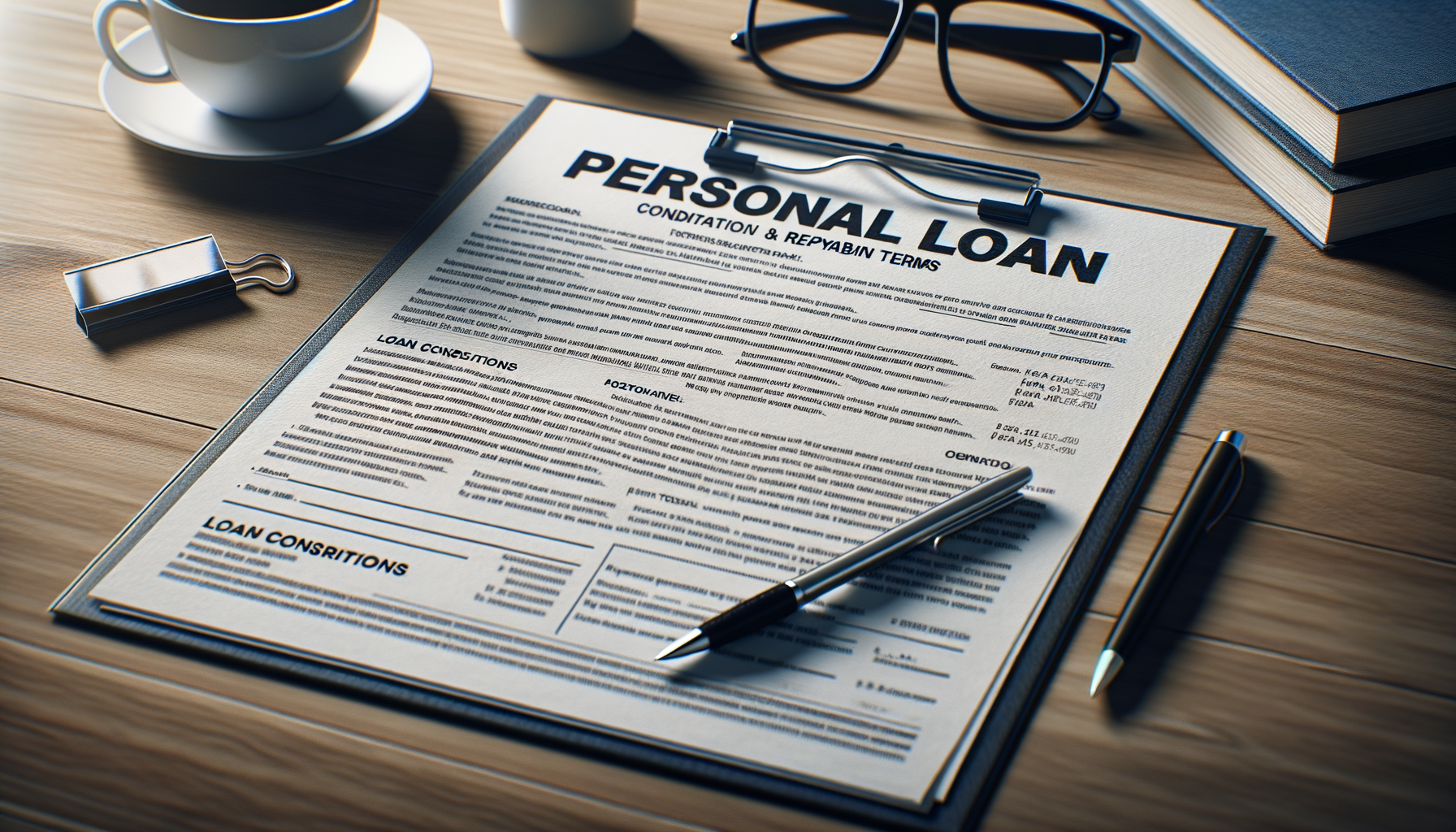Personal loans can be a powerful tool to help individuals achieve their financial goals. Whether you are looking to consolidate debt, fund a major purchase, or cover unexpected expenses, understanding personal loans is essential. In this definitive guide, we will explore the ins and outs of personal loans, their benefits, drawbacks, and how they can unlock financial flexibility for individuals.
Understanding Personal Loans: A Key to Financial Flexibility
Personal loans are a type of installment loan that individuals can borrow from a bank, credit union, or online lender for various personal reasons. Unlike other types of loans, such as mortgages or car loans, personal loans are typically unsecured, meaning they do not require collateral. This aspect makes personal loans accessible to a wide range of borrowers.
One of the key advantages of personal loans is their flexibility. Borrowers can use personal loans for a variety of purposes, including consolidating high-interest debt, covering medical expenses, financing home improvements, or even funding a vacation. Moreover, personal loans often have a fixed interest rate, making it easier for borrowers to budget and plan their repayments.
While personal loans offer many benefits, it’s essential to consider the potential drawbacks. One potential downside is that personal loans often come with higher interest rates compared to secured loans. This is because lenders take on more risk by not having collateral to recover their funds if a borrower defaults. Additionally, taking on a personal loan adds to your debt burden, which can impact your credit score and overall financial health if not managed responsibly.
Pros and Cons: Evaluating the Impact of Personal Loans
When evaluating the impact of personal loans, it’s crucial to weigh both the pros and cons. On the positive side, personal loans provide a quick and convenient source of funds, allowing individuals to address immediate financial needs. They can also serve as a debt consolidation tool, helping borrowers streamline their debts into a single monthly payment with a potentially lower interest rate.
On the flip side, personal loans should be approached with caution. Borrowers must carefully assess their ability to repay the loan before committing to it. Defaulting on a personal loan can have severe consequences, including damage to credit scores and potential legal action by the lender. Additionally, taking on unnecessary debt can hinder long-term financial goals, such as saving for retirement or purchasing a home.
Unlocking financial flexibility through personal loans can be a game-changer for many individuals. By understanding the ins and outs of personal loans, borrowers can make informed decisions, weighing the pros and cons. Personal loans can provide the necessary funds to achieve short-term goals, but it’s crucial to manage them responsibly to avoid potential pitfalls. With proper planning and a clear repayment strategy, personal loans can be a valuable tool to improve financial well-being and achieve personal milestones.


Related Posts :
What is a Personal Loan?Understanding Personal Loans: Your Comprehensive Guide
How to Personal Loans Work
Guide to Refinancing Your Personal Loan: Tips and Steps
How to Secure a Personal Loan Even with Bad Credit